
AllQuestion and Answers: Page 666
Question Number 153212 Answers: 0 Comments: 0
Question Number 153208 Answers: 0 Comments: 0
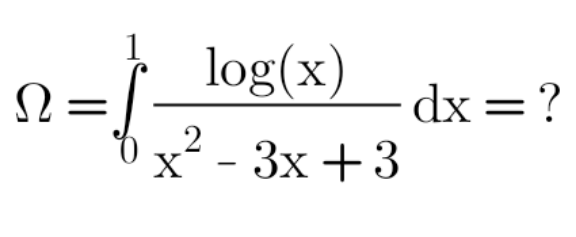
Question Number 153201 Answers: 0 Comments: 0

Question Number 153200 Answers: 0 Comments: 0
Question Number 153203 Answers: 2 Comments: 0
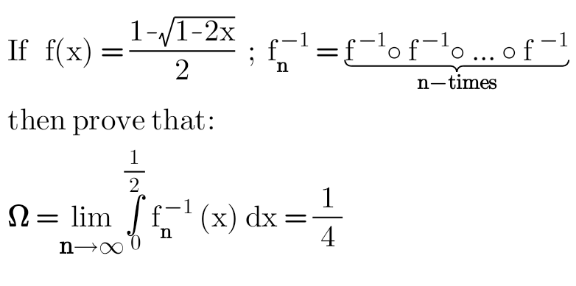
Question Number 153194 Answers: 0 Comments: 0
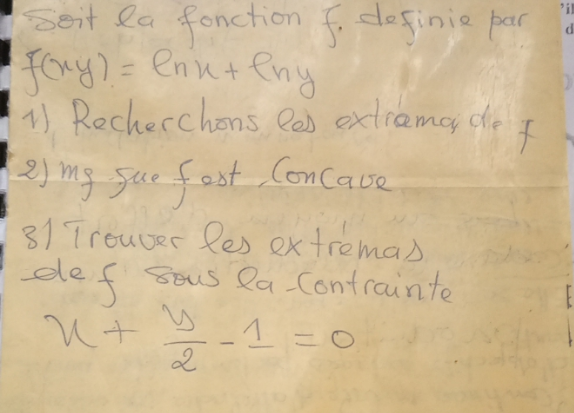
Question Number 153189 Answers: 2 Comments: 0

Question Number 153181 Answers: 0 Comments: 2
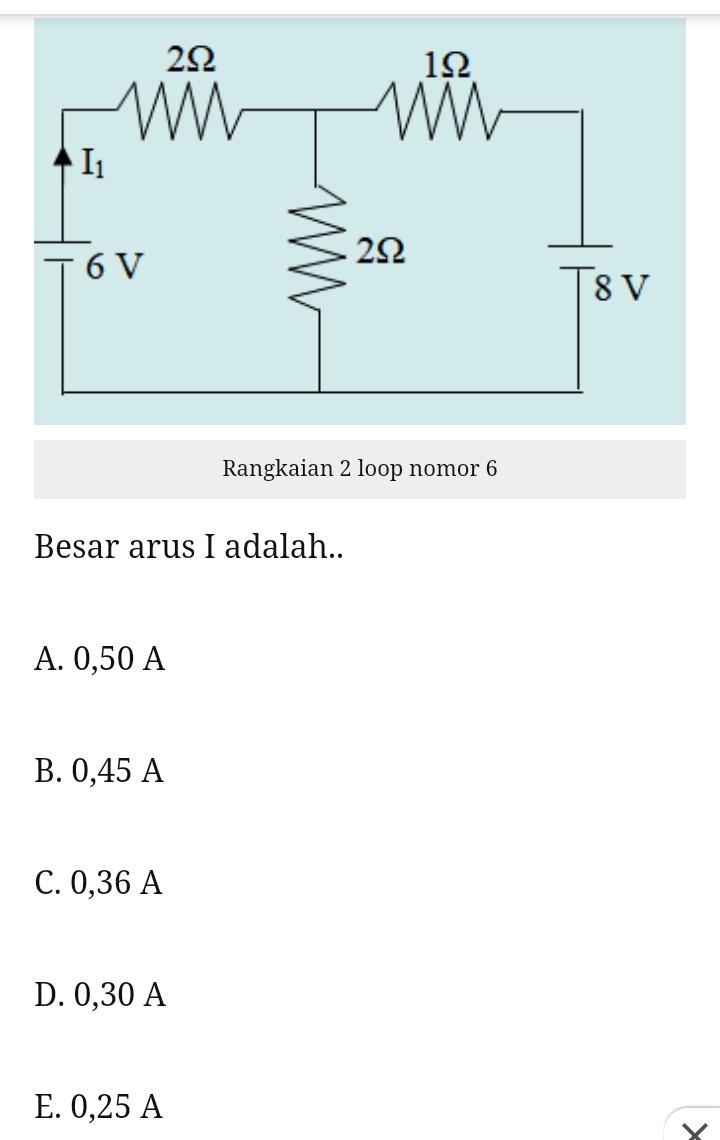
Question Number 153182 Answers: 0 Comments: 2
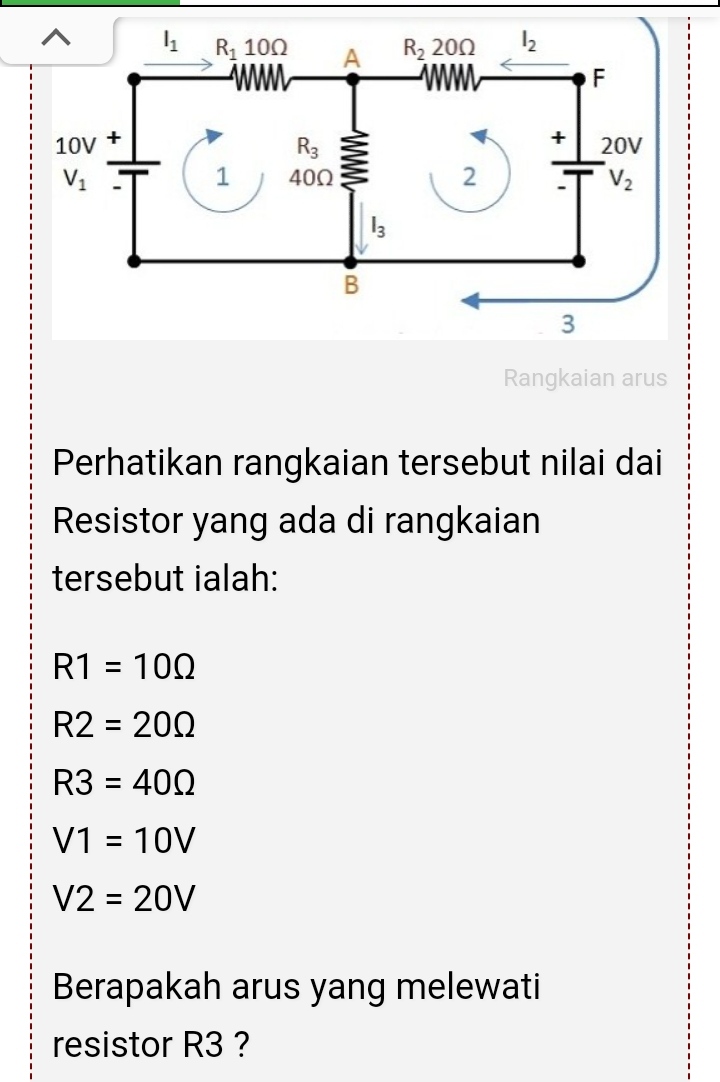
Question Number 153174 Answers: 0 Comments: 1
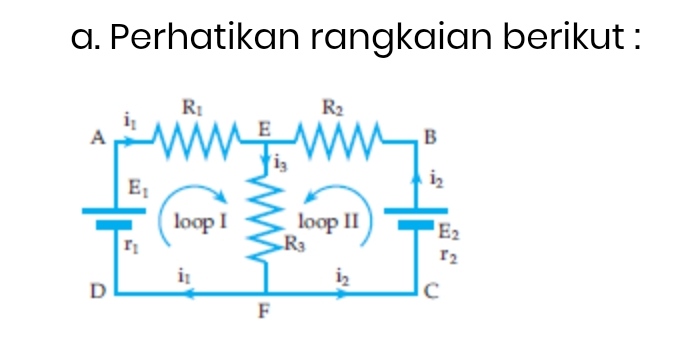
Question Number 153173 Answers: 2 Comments: 1
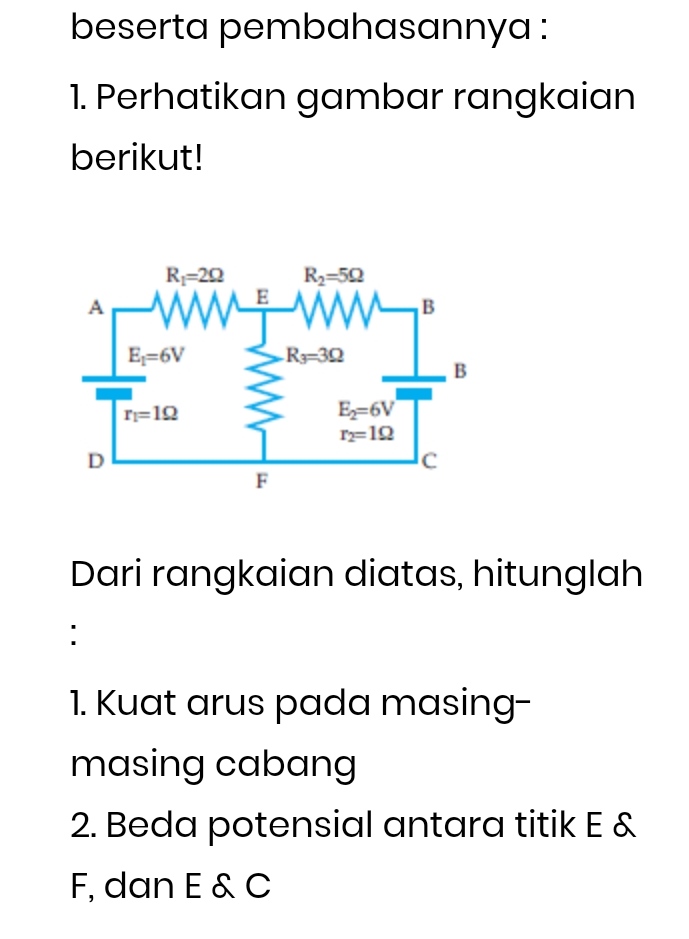
Question Number 153172 Answers: 1 Comments: 0
Question Number 153168 Answers: 1 Comments: 0

Question Number 153164 Answers: 1 Comments: 0
Question Number 153162 Answers: 1 Comments: 0
Question Number 153161 Answers: 1 Comments: 0
Question Number 153160 Answers: 0 Comments: 0
Question Number 153154 Answers: 1 Comments: 0
Question Number 153153 Answers: 1 Comments: 0

Question Number 153152 Answers: 2 Comments: 0
Question Number 153151 Answers: 2 Comments: 0
Question Number 153146 Answers: 1 Comments: 0

Question Number 153128 Answers: 1 Comments: 0
Question Number 153127 Answers: 1 Comments: 2

Question Number 153117 Answers: 1 Comments: 0
Question Number 153114 Answers: 2 Comments: 0
Pg 661 Pg 662 Pg 663 Pg 664 Pg 665 Pg 666 Pg 667 Pg 668 Pg 669 Pg 670
